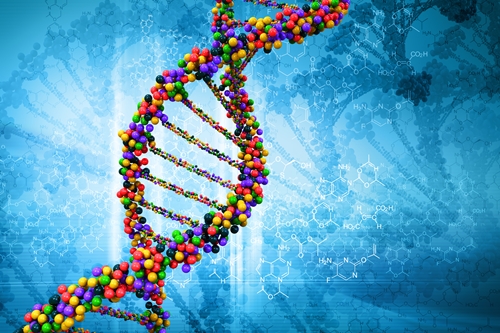– Contributed content –
16 May 2018. We live in exciting times, for a whole range of reasons.
The Internet connects us to knowledge and other people in ways we humans never have been before, luxury services such as Netflix and Steam allow us to enjoy radically immersive forms of entertainment that not even the greatest emperors of the middle-ages could have had access to, and technologies ranging from 3D printing to self-piloting cars are promising to massively expand our potential and capabilities in various key ways.
In just a few minutes alone at home, with the right gadgets, you can begin a bitcoin technical analysis tutorial, check your bank balance, book yourself in for a restaurant reservation, and order a birthday gift for a loved one.
Easily some of the most exciting findings of the modern day, however, relate to discoveries in the workings of the human body, and the implications of these for our journeys towards health and fitness.
Here is a handful of the more interesting of these findings, and what the implications are for you.
Epigenetics — Your behavior and environment change your gene
For a very long time, it had been assumed that our genes were hardwired into us, and that any change in our genetic material could only happen as random mutations, occurring intergenerationally.
It’s for this reason that world leaders at the time, from Bill Clinton to Tony Blair, waxed prosaic about the Human Genome Project and its inevitable ability to cure all diseases and lead to some kind of nirvana state of being.
In fact, the sequencing of the human genome was just the tip of the iceberg. Since then, one of the most powerful findings about the human body has been that our genes aren’t quite so “fixed” after all, but that genes activate and deactivate based on certain environmental stimuli. An abundance or lack of food, or sun, or exercise, for example, can all trigger these “epigenetic” changes.
The implications of this are enormous — and uplifting. We can literally change some of the most fundamental workings of our bodies through our lifestyle choices.
Your gut is the second brain of your body
The importance of the microbes in our guts, and the genetic material of those microbes — known as the microbiome — is only just beginning to come into focus.
The growing consensus is that issues in the gut are intimately related to the health of the body overall, ranging from systemic inflammation which can cause brain fog, to the development of conditions such as depression or certain cancers.
Additionally, the gut contains around 100 million neurons — more than the spinal cord — making the description of it as “the second brain of the body” fully justified.
The implications here are pretty clear; anything you can do to improve gut health, from aiding digestion, introducing probiotic foods, and speeding up metabolism, is likely to do you some good.
BDNF — exercise, sunlight and sleep literally grow your brain
Just as findings about the malleability of gene activation are pretty recent, so too is the understanding that the structures of our brains and neural connections can change and grow throughout our lives.
BDNF — Brain-Derived Neurotrophic Factor — has been called the “growth hormone of the brain” and is intimately connected to the growth of new brain tissue.
BDNF is boosted by, among other things, exercise, adequate sun exposure, and good, quality sleep.
* * *


 RSS - Posts
RSS - Posts
You must be logged in to post a comment.